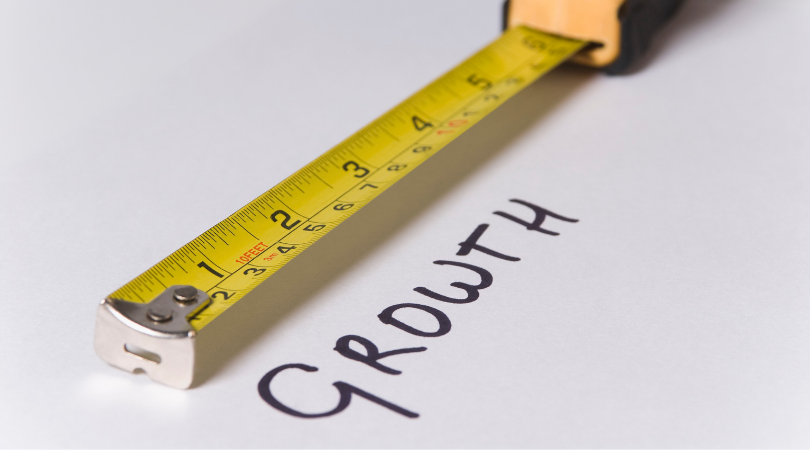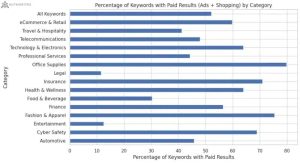— August 24, 2019

Canva.com
I’ve yet to meet a founder of a natural product brand that has no interest in growing. Everyone wants growth, and that is a good thing. Without that mindset, you risk stagnation or worse. However, how we define growth is what is most important.
Ask for a definition and you’ll hear a few common answers. Some choose to measure growth by revenue, others by points of distribution, and an alarmingly few by profit. Velocity is another contender. However, I would argue that none of those listed above is how it should be measured.
There is only one definition of growth that offers founders meaningful choice and real opportunity. Only one definition puts you in the driver’s seat and places you in control of your destiny. The suspense is killing you, huh? That’s good because it will keep you reading.
In my opinion, growth must be measured by the value of the business itself. Focusing on building value in the company should be the singular objective and measurement of success. Doing so makes growth capital less expensive, creates happy investors, and leads to more profitable exits.
Most importantly, it gives you more control. When you build value in your brand and your business, you get a more significant say in how you leverage that equity. In the natural products space, most talk about leveraging it for that big exit. It is more than that, however. It can be leveraged to speed innovation or to invest in organizational culture. You can become the strategic acquirer instead of the acquisition. It can also give you the power and the platform to realize your mission fully.
It is not a massive shift to start thinking of growth in this fashion. The alternative definitions offered earlier become indicators rather than the outcomes. Revenue, distribution, velocity are things that help improve value. However, so are those less easily quantified attributes like talent, team, and culture. The same is true for building your loyal tribe of consumers.
When you measure growth in this way, you automatically take a more holistic and complete view of your business. You begin to explore all the levers than can be pulled to increase what the market says the company is worth. It makes you a better founder, a better leader.
I think most choose to use absolute numbers like revenue, distribution, and velocity because they are inarguable; they appear to be fact. A valuation can be subjective, hard to ascertain, especially in the early days. Focusing on a measurement that fails to encompass the business as a whole can lull you into a false sense of security. I’ve encountered many brands that have experienced hockey stick revenue growth, yet often it is built on a house of cards. They lack the margins, talent, or culture to absorb that increase.
The most successful brands are those that have built real value in their business. I believe that if you focus and measure growth based on the value created in the business, you are significantly increasing your chances of lasting and meaningful success.
Business & Finance Articles on Business 2 Community
(64)
Report Post





